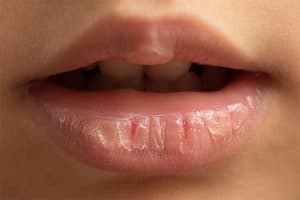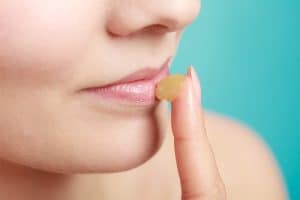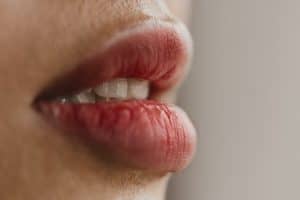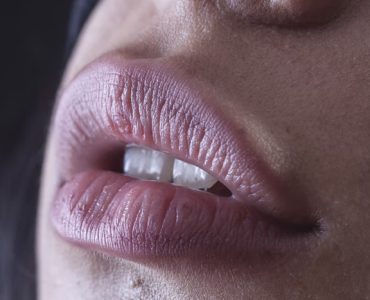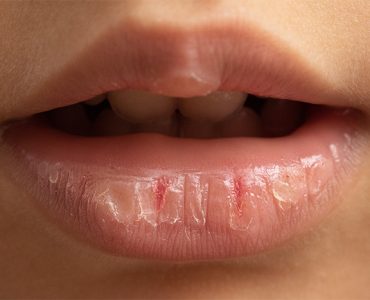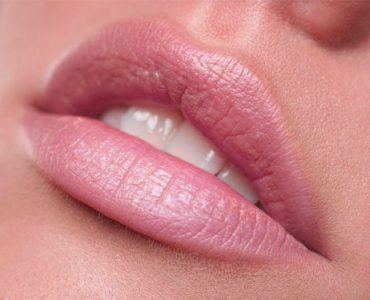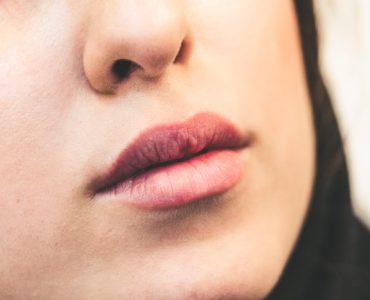The skin on our lips is thinner than the skin on the rest of our body, which is why they often become chapped and dried out. Exfoliating your lips regularly has many benefits, like keeping them hydrated and keeping the color looking fresh. In addition, exfoliating can help remove any dead skin cells or impurities that may have built up over time.
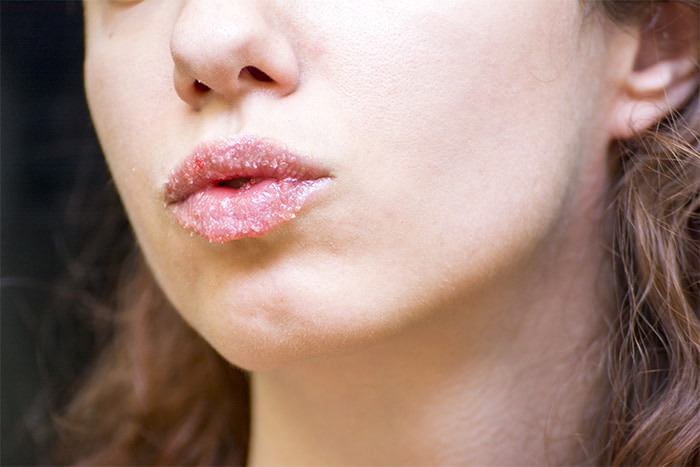
Why You Should Not Exfoliate Lips Everyday?
The lips are one of the most sensitive areas on the body and should be treated with care. Exfoliating your lips everyday can actually do more harm than good.
The skin on the lips is thinner than other areas of the body, so it is more prone to damage. Exfoliating can remove natural oils and cause dryness, cracking, and even bleeding.
In addition, exfoliating can remove the top layer of skin cells, which can make your lips more susceptible to sun damage. Sun exposure can cause dark spots and wrinkles on the lips.
It is best to exfoliate your lips only a few times a week. Use a gentle lip scrub or moisturizing balm to slough off dead skin cells without causing damage.
Depends on Your Individual Skin Type
There are a variety of ways to exfoliate your lips, but the best method depends on your individual skin type. If you have dry skin, you may want to use a lip scrub made with sugar or salt.
Read This Next:
If you have oily skin, you may want to use a lip scrub made with baking soda or cornstarch. You can also make your own lip scrub by mixing sugar and honey together.
No matter what type of skin you have, it’s important to avoid over-exfoliating. Too much exfoliation can cause irritation and dryness. Start with a gentle scrub and increase the intensity if needed.
Types of Exfoliants
There are many types of exfoliants on the market, but they can be generally classified into physical and chemical exfoliants. Physical exfoliants use friction or other physical means to remove the dead skin cells from the surface of your skin, while chemical exfoliants use an acid or enzyme to do the same job.
Both types of exfoliants have their pros and cons. Physical exfoliants are less expensive and more readily available, but they can be harsh on your skin and can cause irritation. Chemical exfoliants are more expensive and may not be as readily available, but they are gentler on your skin and less likely to cause irritation.
Lip exfoliants come in both physical and chemical varieties. The most common type of lip scrub is a sugar scrub, which uses sugar crystals to exfoliate your lips.
Other ingredients that can be used in a lip scrub include honey, olive oil, and coconut oil. These ingredients will help to moisturize your lips while also removing the dead skin cells. Make sure to use a lip scrub at least once a week to keep your lips looking healthy and hydrated.
Read This Next:
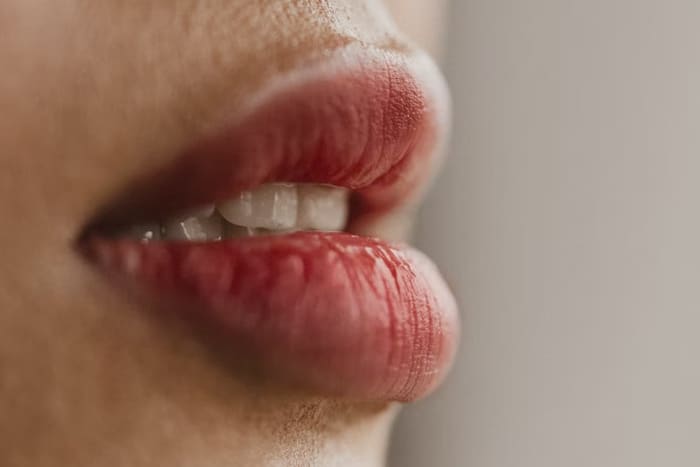
How to Exfoliate Your Lips
If you want to keep your lips looking soft, smooth, and free of dead skin cells, you’ll need to exfoliate them regularly. Exfoliation can be done with a variety of ingredients, including sugar, salt, or baking soda. You can also use a lip scrub made from natural ingredients like honey and olive oil.
To exfoliate your lips, start by wetting them with water. Then, take a small amount of the desired exfoliant and rub it around your lips in a circular motion. Be sure to avoid your eyes and any other sensitive areas. Leave the exfoliant on for about five minutes before rinsing it off with water.
Benefits of Exfoliating Your Lips
Every day, your lips are exposed to the sun, wind, and other elements that can damage them. Exfoliating your lips helps remove the dead skin cells on the surface of your lips, which can make them dry, cracked, and chapped. Exfoliating your lips can also help improve the appearance of your lipstick by making it stay on longer. Here are four benefits of exfoliating your lips:
Removes Dead Skin Cells, Revealing a Softer, Smoother Surface
When you exfoliate your lips, you’re removing the dead skin cells that have built up on the surface. This can reveal a softer, smoother surface. Exfoliation can also help remove any dry or chapped skin.
If you have dry or chapped lips, exfoliating them can help to improve their condition. By removing the dead skin cells and other dryness-causing factors, you can reveal softer, smoother lips.
Read This Next:
Help to Improve the Appearance of Lip Lines and Wrinkles
Your lips are one of the most exposed areas of your body and they show signs of aging first. One way to help improve the appearance of lip lines and wrinkles is to exfoliate your lips regularly.
Exfoliating your lips helps remove the dead skin cells that can accumulate on the surface and make your lips look dry and aged. It also helps improve blood circulation in the area, which can help make your lips look plumper.
Helps to Remove Any Built-Up Bacteria or Debris that Can Cause Lip Infections or Irritation
The skin on your lips is thin and delicate, which can make them more susceptible to infection and irritation. Exfoliating your lips can help remove any built-up bacteria or debris that can cause lip infections or irritation.
In addition, exfoliating your lips can also help remove dead skin cells and stimulate new cell growth, which can keep your lips healthy and looking their best.
Can Help to Increase the Absorption of Lip Products, Resulting in Better Hydration
Exfoliating the lips can help to remove any dry skin or flakes that may be on the surface of the lips. This can help to increase the absorption of lip products, as they will be able to more effectively penetrate the skin. Exfoliation can also help to improve the overall texture and appearance of the lips.
Conclusion
In conclusion, while exfoliating your lips may seem like a good idea, it is actually not necessary and can even be harmful. Lips are designed to protect your teeth and mouth from the elements, and they do not need to be exfoliated every day. In fact, over-exfoliation can lead to dryness, cracking, and even bleeding. So if you are looking for soft, smooth lips, skip the exfoliator and opt for a lip balm or gloss instead.


